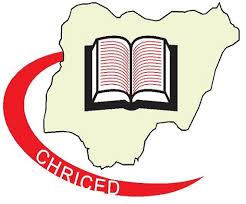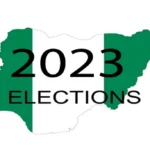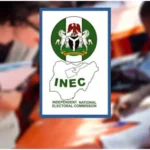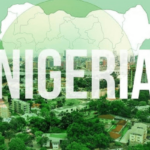A group of democracy experts have urged the nation’s judiciary to be circumvent and uphold the principle of democracy to ensure the success of the 2023 general elections.
They spoke at the 5th annual memorial lecture in honor of late Prof. Abubakar Momoh, a professor of Political Science and former Director-General of The Electoral Institute (TEI) of the Independent National Electoral Commission (INEC), organised by the Resource Centre for Human Rights and Civic Education (CHRICED) on Sunday in Abuja.
- No IDP will be disenfranchised in 2023 elections – INEC
- Don’t make 2023 elections a mirage, retired AIG warns politicians
According to them, the judiciary is a major pillar designed to sustain the nation’s democracy, and that the courtrooms were essential for mediating threats to the will of the electorates.
Dr. Dele Seteolu of the political science department, Lagos State University (LASU), while delivering his lecture titled, ‘Abubakar Momoh and the Paradox of Democracy’, posited that the idea of democracy connotes representation and empowerment so that the people can determine who their leaders will be.
He noted that many African countries, including Nigeria were facing the threat of a shrinking democratic space and the imposition of the authoritarian culture.
He, however, regretted that the law and the electoral processes which ought to bow to the will of the people have now become both monetized and politicized.
Citing the case before the Supreme Court’s over the rift between the National Assembly and the Presidency regarding sections 12(4) and 84(4) of the Electoral Act 2022 (as amended), Seteolu said that the judiciary must avoid the politics of the matter so that the appropriate interpretation of the law would succumb to the will of the electorate.
He said, “In any democracy, the rule of the game is documented in the Electoral Act of Law what happens if the Electoral Act itself becomes the instrument of de-democratization?
“The Electoral Act as amended has elicited rift between the parliament and Presidency, especially section 22 (4) and 84 (4). The court had been further drawn into the controversies on 12 (4). Hence the judgment of Umuahia High Court and its nullification by the Court of Appeal.
“The Supreme Court should, however, expedite hearing on this important issue and avoid its politics. The politicization of the court, especially in the Fourth Republic raises doubt on its Integrity. The challenge, therefore is to depoliticize the court and strengthen its capacity to mediate threats to democracy.”
On his part, the Executive Director, CHRICED, Dr. Ibrahim Zikirullahi, said the judiciary is key driver of democratic growth and development and that policymakers must come up with systems to ensure no one could purchase fraudulent judgments in the country.
Zikirullahi said, “Our judiciary has become so politicized. You could read in between most of the judgements that come out of the courts today that they are political decisions. Justice in Nigeria has become for the highest bidder.
“It is left for Nigerians to ensure that they hold the nation’s leaders to account and ensure that the right things are done by the judiciary and other appropriate authorities.”
Other dignitaries at the occasion including Ms. Tawa Momoh, wife of late Prof. Abubakar Momoh; the Director, Africa Office, MacArthur Foundation, Dr. Kole Shettima; and the Director-General, The Electoral Institute, Dr. Sa’ad Idris, said late Prof. Momoh exemplified and stood for the ideals of public good, passion for humanity, social justice and selflessness throughout his lifetime, worthy of emulation.

 Join Daily Trust WhatsApp Community For Quick Access To News and Happenings Around You.
Join Daily Trust WhatsApp Community For Quick Access To News and Happenings Around You.


